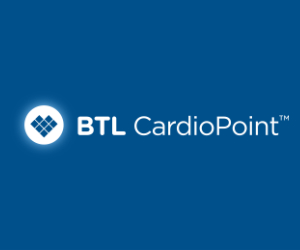Registries of heart failure
European Society of Cardiology Guidelines on Heart Failure (ESC HF) appertain to heart failure treatment (HF). Registries and studies are required for the application of the guidelines in daily practice, and discovering new data. In a recently published study, based on data from the ESC HF-Long Term Registry, important concomitant diseases were arterial hypertension (AH) in 64%, diabetes mellitus (DM) in 38% and atrial fibrillation/undulation (AF/AU) in 44% of patients enrolled. For outpatients, the main drug treatments were: angiotensin converting enzyme inhibitors/sartans (ACEi/ARB) in 89.2%, beta-blockers (BB) in 88.9%, diuretics in 83.1% and mineralocorticoid antagonists (MRA) in 59.3%. According to the data from the Croatian HF Hospital Registry, significant concomitant diseases were AH in 67.5%, AF/AU in 53.7% and DM in 34.4% of the patients. The prescribed drug treatments included: diuretics in 95.2%, ACEi/ARB in 77.3%, BB 66.7% and MRA in 55% of the patients. Doses of the recommended drugs were up to 30% of the target dose. It can be concluded that, according to data from the registries, the most common concomitant diseases are hypertension, atrial fibrillation/ undulation and diabetes mellitus, while the most often prescribed drugs are diuretics, ACEi/ARB, BB and MRA. Even though prescribing drugs mostly follows the guidelines, the doses are not sufficient.
Key words:
heart failure; registry; risk factors; treatment





